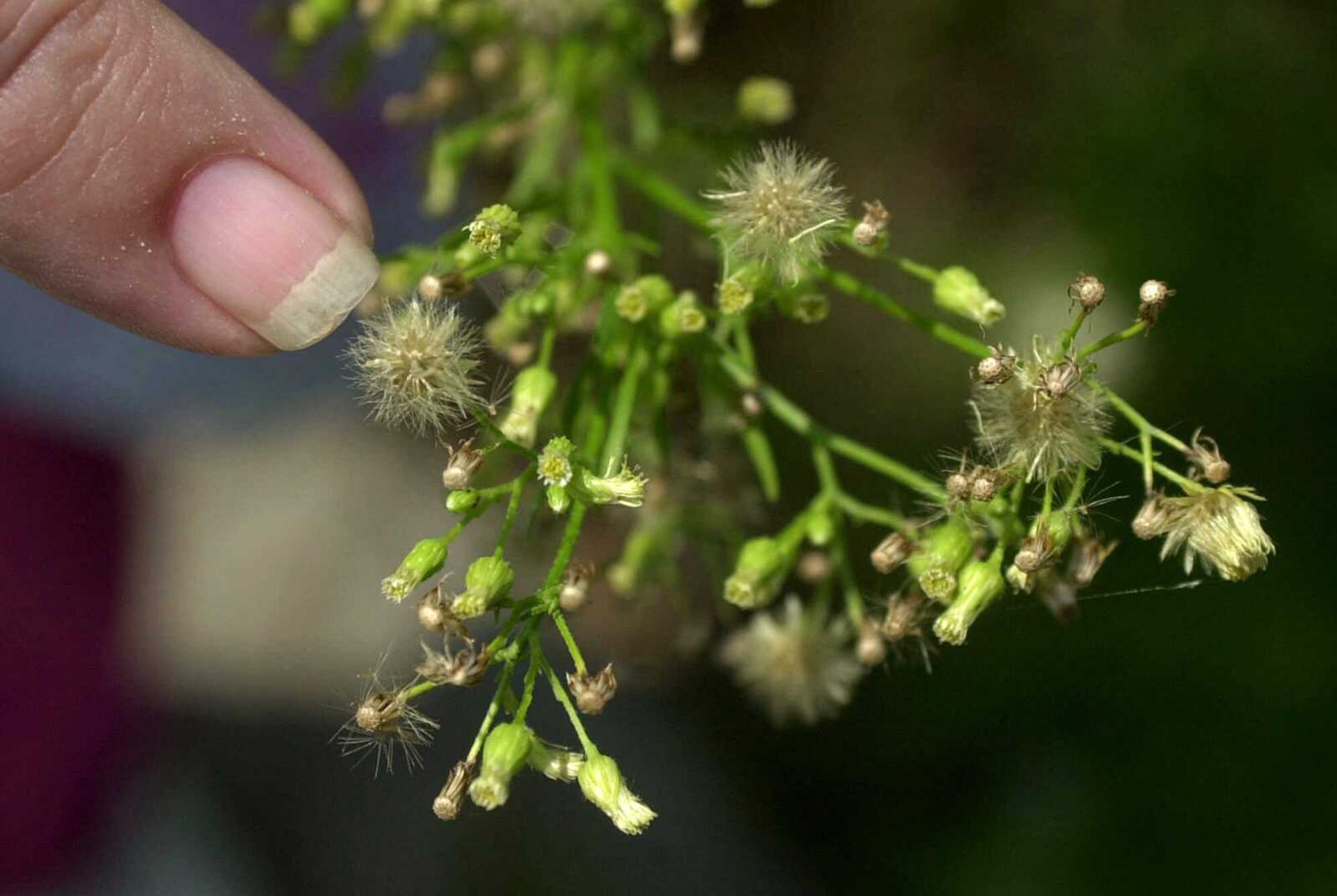WASHINGTON -- Global warming will bring more sneezing and wheezing to Europe by mid-century, a new study says.
Ragweed pollen levels are likely to quadruple for much of Europe because warmer temperatures will let the plants take root more, and carbon dioxide will make them grow more, says a study published Monday in the journal Nature Climate Change. Other factors not related to man-made climate change also will contribute.
Ragweed isn't native to Europe but was imported from America in the late 19th century. Parts of France, the United Kingdom and Germany don't have the allergens now, but they will by 2050, says study co-author Robert Vautard, a climate scientist at the Climate and Environment Sciences Laboratory in Yvette, France.
That includes Paris, where Vautard lives.
The researchers used computer simulations with different scenarios of carbon dioxide pollution for the next 35 years. And if the world doesn't make a large change in emissions, the computer runs predicted increases in the annual pollen count of 100 to 1,100 percent, with a general average of around 300 percent, Vautard said.
Land use and how the plants take over new areas account for about a third of the increased counts, with climate change the rest, Vautard said.
Earlier studies show ragweed pollen season in North America has extended by as much as three weeks in some northern locales, partly because of climate change.
Connect with the Southeast Missourian Newsroom:
For corrections to this story or other insights for the editor, click here. To submit a letter to the editor, click here. To learn about the Southeast Missourian’s AI Policy, click here.








